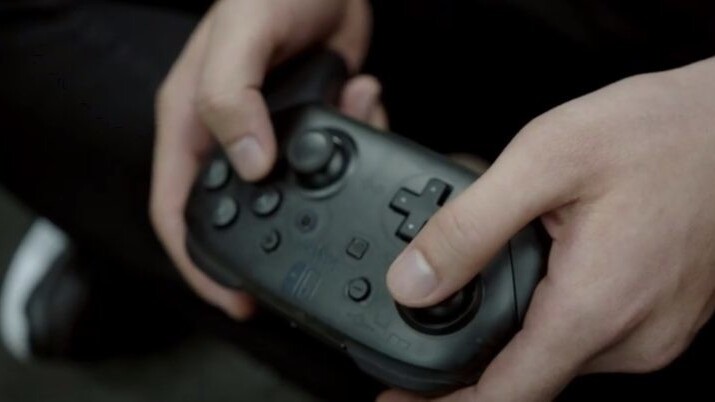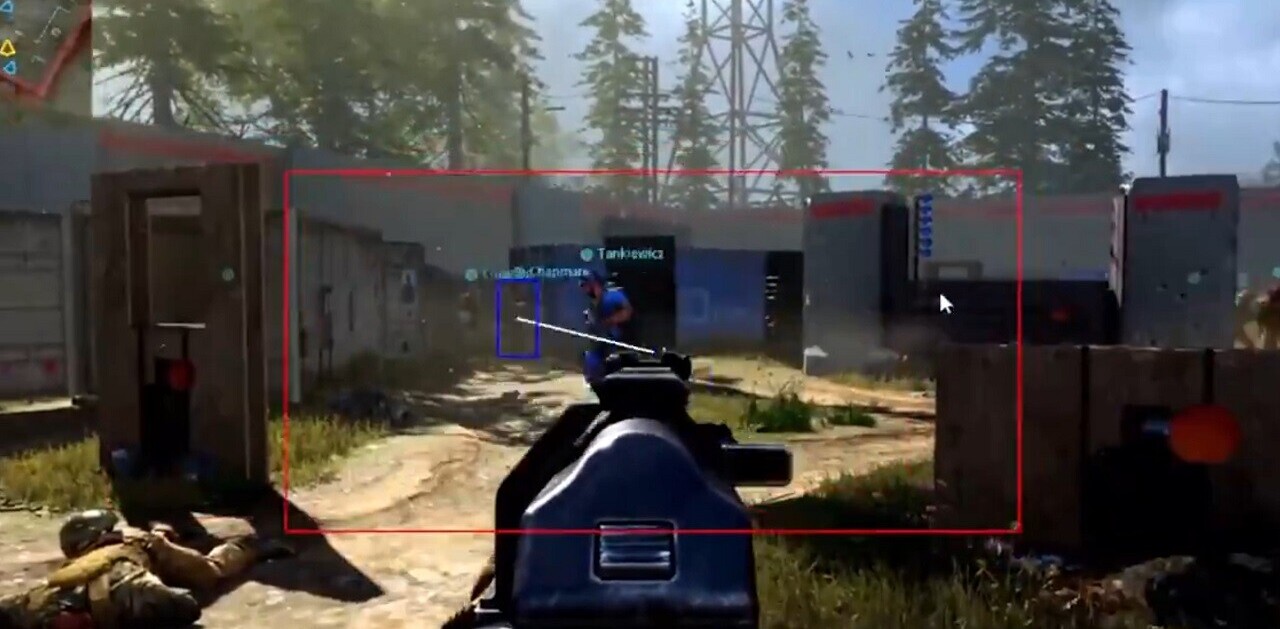
The World Health Organization (WHO) over the weekend finalized the eleventh revision of its International Statistical Classification of Diseases and Related Health Problems (ICD-11), which now includes “gaming disorder” and “hazardous gaming” as part of its list of behavioral disorders. Naturally, the gaming industry itself have been pushing back hard against the classification, but there’s plenty of anecdotal evidence that it exists.
This decision has been in the works for a while. The first draft of the WHO’s new ICD was published in January 2018. This weekend’s decision was more of a final confirmation that the various organizations within the gaming industry weren’t able to change the WHO’s mind than anything else.
The new edition includes “gaming disorder” and “hazardous gaming.” The former is the one most people have noticed, and is defined as “a pattern of persistent or recurrent gaming behaviour” in which a sufferer gives priority to gaming over and above other interests, and in spite of negative consequences.
"You adopted the 11th Edition of the International Classification of Diseases – #ICD11 – the first completely digital edition of one of WHO’s most valuable, but least-known products"-@DrTedros https://t.co/8fg5i0TnIC #WHA72 pic.twitter.com/howNNVLg0s
— World Health Organization (WHO) (@WHO) May 28, 2019
Naturally, organizations representing the games industry, such as the Electronic Software Association (ESA), have been pushing back against this decision. The day before the judgement came down, the ESA published a statement from itself and several other gaming groups, asking the WHO to not include the disorder in the new ICD, claiming it hadn’t been sufficiently researched:
The WHO is an esteemed organization and its guidance needs to be based on regular, inclusive, and transparent reviews backed by independent experts. ‘Gaming disorder’ is not based on sufficiently robust evidence to justify its inclusion in one of the WHO’s most important norm-setting tools.
This tack, that there’s no evidence for the addiction, is not the first one the ESA has taken. Last January, its rebuttal was a little more dismissive:
Just like avid sports fans and consumers of all forms of entertainment, gamers are passionate and dedicated with their time. Having captivated gamers for more than four decades, more than 2 billion people around the world enjoy video games. The World Health Organization knows that common sense and objective research prove video games are not addictive. And, putting that official label on them recklessly trivializes real mental health issues like depression and social anxiety disorder, which deserve treatment and the full attention of the medical community.
I’m not sure why “games are popular” is a reason why people can’t be addictive. A hell of a lot more people enjoy booze than video games, and no one would say alcoholism doesn’t exist.
A different concern is that the ability to diagnose gaming disorder might lead to overdiagnosis: how many parents are going to try and get their kids diagnosed with “gaming disorder” because their little sprog plays video games in lieu of doing homework? While one would hope pediatricians would be careful with their diagnoses, it’s not outside the realm of possibility.
On the other hand, documented cases of self-professed gaming addicts aren’t hard to find. Trot on over to the r/stopgaming subreddit and you’ll find lots of people recovering from it. When I spoke to the founder of GameQuitters, Cameron Adair last year, he told he couldn’t hold down a job due to his addiction — after he lost one job, he feigned leaving for it in the morning, only to sneak back into his own home in order to continue his 16-hour-a-day habit. He also told TNW that, while everyone’s worried for kids, “it’s young adults who are struggling with the issue the most.”
And the trouble for those young adults is it’s often hard to find any kind of treatment. Up to now, the disorder has been treated with derision and even hostility from the greater gaming community. Adair said the subreddit was regularly the subject of raids and derogatory comments, and a story about Fornite addiction in children published by Bloomberg was met with responses about how the parents of these children weren’t parenting good enough.
Dr. Richard Graham, technology addiction specialist at London’s Nightingale Hospital, told BBC last January that the inclusion of the disorder has a major upside for the adult sufferers: “It is significant because it creates the opportunity for more specialised services. It puts it on the map as something to take seriously.”
Dave McCarthy, the head of operations at Xbox, told The Telegraph that, while he agreed with the ESA’s position that there’s insufficient evidence of a disorder, he still felt the gaming industry had a responsibility: “It doesn’t excuse us from needing to do more. Regardless of the WHO classification, we are going to continue to push [responsible gaming]… I think the tone of dialogue could be different but that’s why we need to invest more to show our intent.”
The WHO’s new ICD will take effect on January 1, 2022.
Get the TNW newsletter
Get the most important tech news in your inbox each week.



